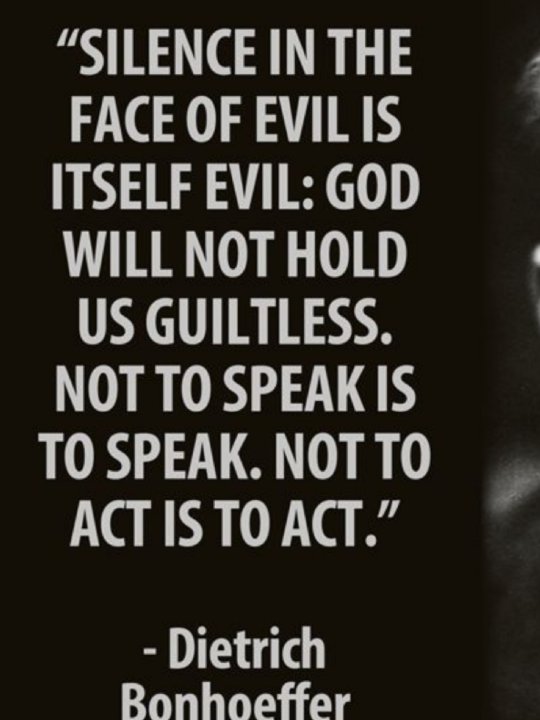@
therighttothink50 "The hottest places in hell are reserved for those who, in times of great moral crisis, maintain their neutrality.”
— Dante Alighieri, Inferno (c. 1320)
You know how I love quotes, however, I do not care for, nor agree with Dante Alighieri's quote, at all.
The quote is often attributed to Dante Alighieri's Inferno, but it's worth noting that the exact phrase "The hottest places in hell are reserved for those who, in times of great moral crisis, maintain their neutrality" is not a direct quote from the book. Instead, it's a paraphrased interpretation of Canto 3, which discusses the nature of those who are considered lukewarm or neutral.
In the context of Inferno, Dante's work is an allegory that explores themes of morality, sin, and redemption. The idea behind the quote is that those who choose not to take a stand or act in times of moral crisis are considered to be among the most reprehensible.
The quote can be seen as a commentary on the importance of taking action in the face of injustice or moral dilemmas. It suggests that neutrality in such situations can be seen as complicity or a lack of moral fiber.
The quote seems to imply a level of finality and judgment about someone's character based on a single moment or decision. It's possible that someone who appears neutral in a particular moment might be grappling with complex emotions, uncertainty, or even fear, and that their actions or decisions might change over time.
It's also possible that people can grow, learn, and evolve in their perspectives and that a single moment of neutrality doesn't necessarily define their entire character. By assuming that someone's neutrality in a moment of crisis seals their fate, I believe oversimplifies the complexities of human nature and the process of personal growth.
The author cannot know what might happen in the future or what someone's inner struggles might be. It's a reminder that we can't always judge others, based on a single action or decision, and that people are often more complex than they seem.
Reframing the quote as a personal reflection or a call to action could make it more relatable and thought-provoking. Instead of being a judgmental statement, it could be seen as an invitation to reflect on one's own values and actions in times of moral crisis.
For example, it could be rephrased as: "In times of great moral crisis, I will strive to take a stand and not remain neutral, lest I regret my inaction." This reframes the quote as a personal commitment to taking action, rather than a judgment on others.
By doing so, the quote can still convey the importance of taking a stand in times of moral crisis, but in a way that encourages self-reflection and personal growth, rather than condemnation or judgment.






